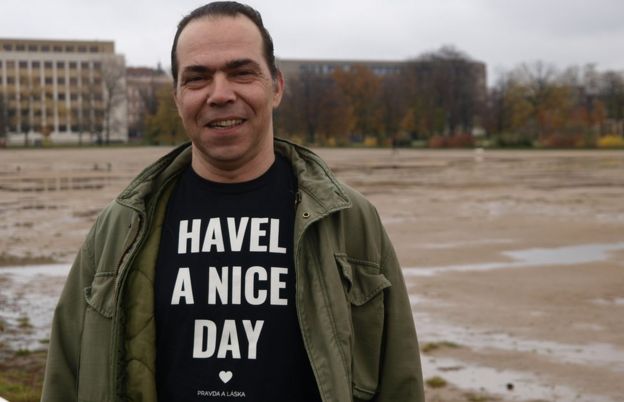The secret of a great fortune made without apparent cause is soon forgotten,
if the crime is committed in a respectable way.
The tyranny of brutal Communism or brutal Capitalism or brutal Workplace Feudalism is as old as the Pharaohs and the Pyramids - that the powerful corporate State stands above all men and their individual aspirations.
Communism counts its opportunities in terms of decades - not of weeks. Its means of aggression consist not only of nuclear weapons and missiles with enormous boosters, and not only of spies, agents and terrorists, but of great masses of men and women, deluded by a common ideology which inspires them with a false hope.
The tyranny of brutal Communism or brutal Capitalism or brutal Workplace Feudalism is as old as the Pharaohs and the Pyramids - that the powerful corporate State stands above all men and their individual aspirations.
Communism counts its opportunities in terms of decades - not of weeks. Its means of aggression consist not only of nuclear weapons and missiles with enormous boosters, and not only of spies, agents and terrorists, but of great masses of men and women, deluded by a common ideology which inspires them with a false hope.
About astrology and palmistry: they are good because they make people vivid and full of possibilities. They are communism at its best. Everybody has a birthday and almost everybody has a palm.
~ Kurt Vonnegut
For us in Russia communism is a dead dog. For many people in the West, it is still a living lion.
Velvet Revolution: Prague's ghosts of communism

Working for the Stasi was this Australian's ticket to a life behind the Iron Curtain
It's a chilly winter's day in Berlin when I meet Salomea Genin, an Australian woman whose life was indelibly shaped by the Cold War.
She was spied on for being a communist in Melbourne, before becoming a spy herself for the Stasi, the feared secret police of East Germany.
"For me, the only thing in the world was communist ideology and activities for socialism," she says.
"And it is true, I was fanatical."
Finding family with the communists
Salomea was born in Berlin in 1932. Seven years later, her Polish-Jewish family were pushed to flee by the rise of Nazism in Germany.
They sailed for Australia, and settled in Melbourne.
Salomea's experiences of fascism pushed her to the other end of the political spectrum: socialism.
In 1944, when she was 12, she joined the youth wing of the Communist Party. It welcomed her with open arms.
"I didn't have a father, my mother took no notice of me, and I always had to shut up at home," she tells ABC RN's The History Listen.
"The Communist Party became my substitute family."
While Salomea threw herself into the communist cause in Melbourne, big shifts were taking place internationally.
World War II ended, and soon after, the Cold War began, dividing the world into the communist east and the capitalist west.
"There was an extraordinary climate of fear, trepidation and confrontation between the supposedly all-powerful Soviet Union and its allies, and the all-powerful United States and its allies, one of which was Australia," says David Ritchie, an Australian diplomat who has spent many years working in Germany.
Russian-led troll network based in west Africa uncovered Fake Facebook, Instagram and Twitter accounts seemed to aim to inflame divides in US
Russian-led troll network based in west Africa uncovered Fake Facebook, Instagram and Twitter accounts seemed to aim to inflame divides in US
Photos: 50 Years Since a Soviet Invasion Ended the Prague Spring
In 1968, during a period called the “Prague Spring,”
Alexander Dubček, the newly elected leader of Czechoslovakia, enacted
pro-democracy reforms that loosened state control and expanded
individual rights, giving hope to citizens and angering the Soviet
Union. Soviet leaders in Moscow believed that Czechoslovakia, a member
of the Warsaw Pact, had gone too far, and summoned the country’s leaders
for discussions. By late summer, the talks were not going the way the
Kremlin had wanted, so more than 2,000 tanks and thousands more Warsaw
Pact troops were sent to invade and occupy the country on August 21. In
the first weeks, occupying soldiers were met with protests and limited
resistance, and more than 70 civilians were killed in the conflicts.
Within the following year, resistance faded, Dubček was removed from
office, his reforms were undone, and a more Soviet-controlled government
was installed.




